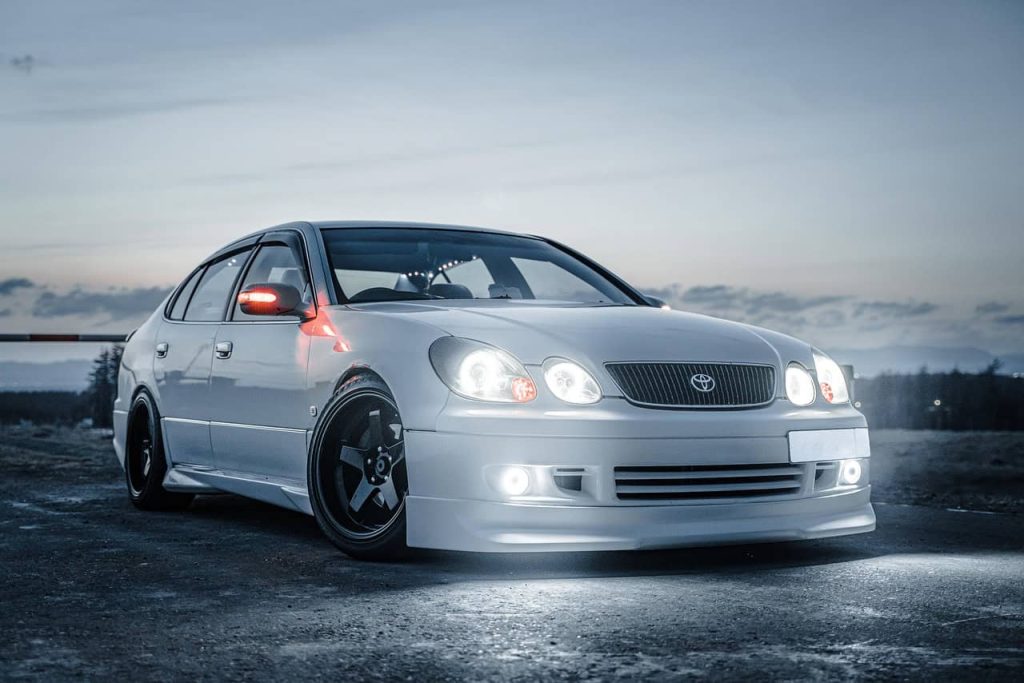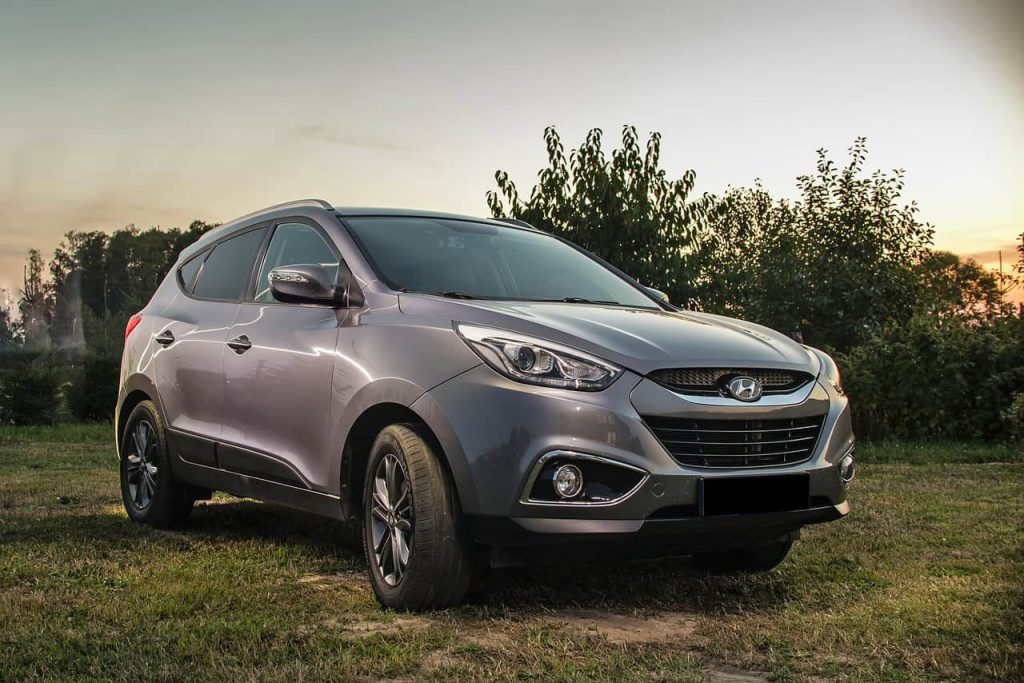Buying your first car in Nigeria can feel overwhelming, especially with the rising cost of vehicles, countless options in the market, and the constant fear of getting scammed by dishonest dealers.
As a young professional looking for daily convenience, a business owner in need of reliable transport, or someone simply tired of depending on public buses and ride-hailing services, choosing the right first car is a major life decision.
The process involves more than just picking a car that looks good, it’s about understanding your needs, setting a realistic budget, verifying documents, and ensuring you get real value for your money.
Unfortunately, many first-time buyers in Nigeria rush into car purchases without proper research, only to face mechanical problems or paperwork issues later.
The good news is that with the right information, you can avoid these common mistakes and make a smart, confident purchase that suits your lifestyle and long-term plans.
This comprehensive guide will walk you through every essential steps, from planning your budget and comparing car options to inspecting vehicles, negotiating prices, and avoiding fraud so you can buy your first car in Nigeria without regrets.
1. Understand What You Really Need
Before rushing to check car prices or visit dealerships, the first and most important step is to understand exactly what you need in a car.
Many first-time buyers in Nigeria make the mistake of choosing based on appearance or peer influence rather than practicality.
Your car should fit your lifestyle, driving habits, and financial capacity, not someone else’s.
Start by identifying the primary reason you’re buying a car.
Are you looking for a vehicle to ease your daily commute to work?
Do you need a spacious car for family trips or a strong utility vehicle for business deliveries?
Understanding your purpose will immediately narrow your search to the right category of cars.
Next, think about your driving environment.
If you’ll mostly be driving within busy city areas like Lagos, Port Harcourt, or Abuja, a compact, fuel-efficient car such as the Toyota Corolla or Honda Civic might be your best choice.
These models handle traffic well, consume less fuel, and are easy to maintain.
However, if your routes include rough or untarred roads, common in many Nigerian towns, then a durable SUV like the Toyota Highlander or Lexus RX330 will offer better comfort and stability.
You should also consider what matters most to you between fuel efficiency, comfort, and maintenance cost.
For example, smaller engines are great for saving fuel, but bigger vehicles often deliver better performance and road presence.
Likewise, think about whether you prefer a brand new car for peace of mind or a foreign-used (Tokunbo) car for better affordability.
This clarity ensures you don’t end up with a car that looks appealing but becomes a burden to maintain or doesn’t truly serve your purpose.
2. Set a Realistic Budget
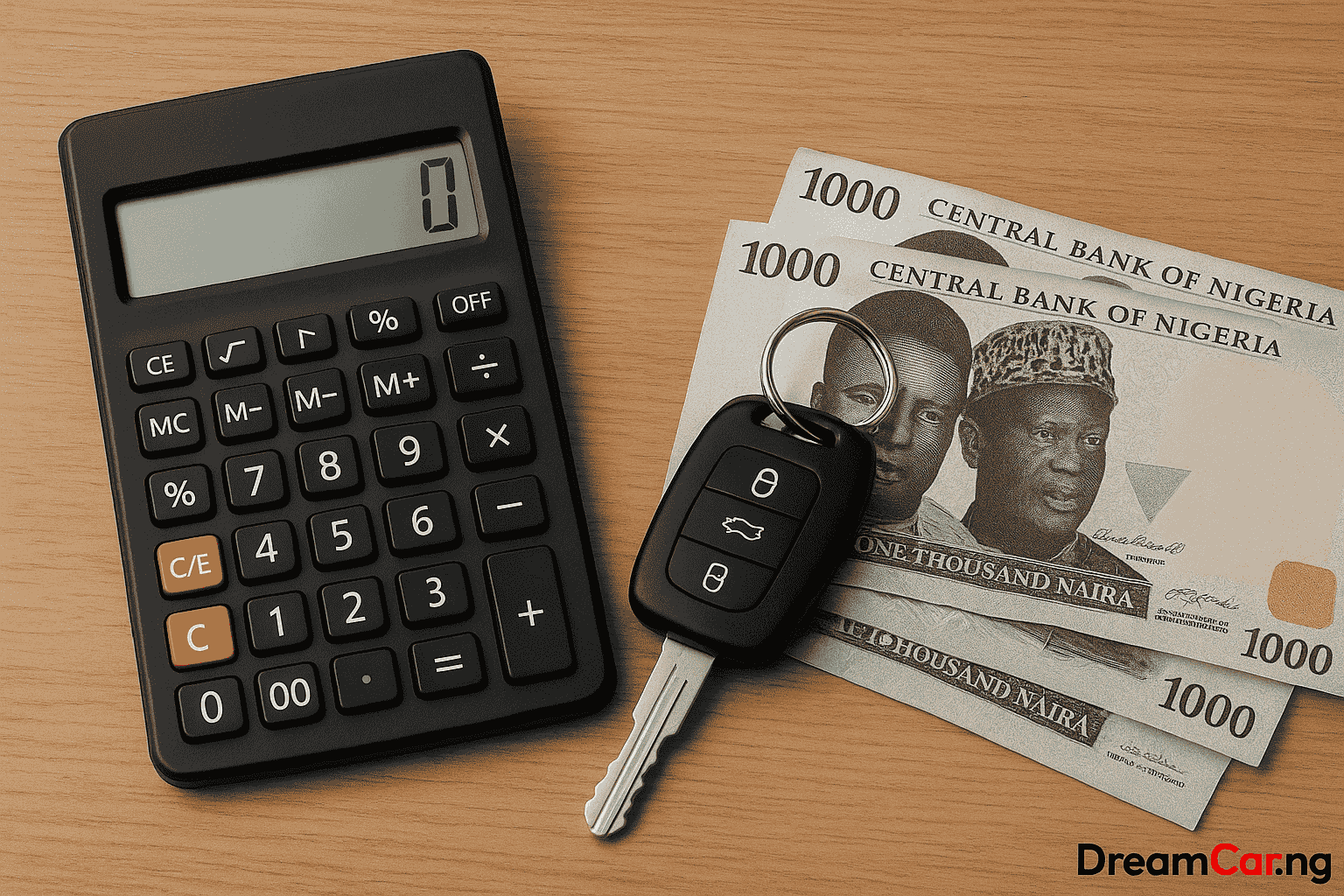
Once you’ve defined your needs, the next crucial step in buying your first car in Nigeria is setting a realistic budget.
Your budget determines almost everything about the car you’ll eventually buy including the brand, model, year of manufacture, mileage, and even where you’ll buy it from.
Without a clear financial plan, it’s easy to get carried away by sleek designs or persuasive car dealers.
Start by deciding how much you can comfortably spend without straining your finances.
If you’re taking the car loan route, make sure your monthly repayments won’t exceed what you can manage alongside your living expenses.
Beyond the car’s purchase price, there are several additional costs every buyer must factor in.
Registration and plate number are compulsory expenses that usually range between ₦50,000 and ₦100,000 depending on your location.
You’ll also need insurance coverage, at the very least, a third-party insurance policy to protect you legally in case of accidents.
Comprehensive insurance, though more expensive, offers wider protection and peace of mind.
Maintenance and repair costs are another area new car owners often overlook.
It’s advisable to set aside about 5–10% of the car’s total value each year for maintenance, servicing, and unexpected repairs.
For example, if your car costs ₦10 million, you should budget between ₦500,000 to ₦1,000,000 annually to keep it running smoothly.
Also, don’t underestimate fuel consumption. In a country where petrol prices fluctuate frequently, owning a fuel-efficient car can make a significant difference.
A vehicle that saves just ₦5,000 on fuel every week can put over ₦250,000 back in your pocket each year.
This is why researching a car’s fuel economy before buying is essential.
3. Choose Between a New, Foreign Used, or Nigerian Used Car
When it comes to buying your first car in Nigeria, one of the biggest decisions you’ll face is choosing between a brand-new car, a foreign-used (Tokunbo) car, or a Nigerian-used (locally used) car.
Each option has its own advantages and drawbacks, and understanding them will help you make the right choice for your needs and budget.
Brand-new cars are straight from the manufacturer or authorized dealers.
They offer zero mileage, no previous ownership, and come with warranties that typically cover at least a year or more.
New cars are ideal for buyers who value peace of mind, reliability, and the prestige that comes with owning something untouched.
The downside, however, is the price, new cars are significantly more expensive and depreciate faster within the first few years of ownership.
Foreign-used cars (Tokunbo) are imported, mostly from the United States or Europe.
They strike a balance between affordability and reliability, as many are well-maintained before shipment.
Imported used cars often come with cleaner interiors, better engines, and verifiable vehicle histories compared to locally used cars.
However, their prices have increased in recent years due to high import duties and shipping costs. Still, for many Nigerian buyers, Tokunbo vehicles remain the most popular and practical option.
If you’re considering this route, read our in-depth guide on where to find the cheapest cars in Nigeria.
Nigerian-used cars (locally used vehicles) are cars that have already been driven and registered in Nigeria by previous owners.
They’re usually the cheapest option upfront, but they come with higher risks.
Many locally used cars suffer from poor maintenance or concealed mechanical issues.
Before paying for one, always take a trusted mechanic to inspect the vehicle thoroughly, check for accident history, and verify all necessary papers.
A low purchase price is no bargain if you end up spending heavily on repairs later.
Ultimately, your decision depends on your financial strength, risk tolerance, and long-term plans.
A brand-new car offers comfort and prestige, a foreign-used car offers value and dependability, while a Nigerian-used car offers affordability if chosen wisely.
4. Research the Best Car Models for Beginners
When buying your first car in Nigeria, choosing the right model can make all the difference between a stress-free ownership experience and becoming a regular costumer to the mechanic.
Not all cars are built the same, some are easier to maintain, more fuel-efficient, and have higher resale value than others.
The goal is to find a car that fits your daily needs while remaining affordable to run and repair.
One of the most important things to consider as a beginner is maintenance cost.
Cars with readily available spare parts and affordable service options should always top your list.
Brands like Toyota, Honda, and Hyundai dominate the Nigerian market because of their popularity; the fact that they’re built to handle local road conditions, and their parts are easy to find anywhere in the country.
The Toyota Corolla remains one of the best starter cars for first-time buyers.
It’s reliable, incredibly fuel-efficient, and known for lasting well beyond 200,000 km with proper maintenance.
Spare parts are inexpensive and available in almost every city.
For buyers seeking comfort and a little more power, the Honda Accord is a great choice, especially for those who frequently drive long distances.
It offers a smooth ride and a strong reputation for durability.
If you prefer something a bit larger and more commanding, the Toyota Camry, particularly the “Big Daddy” and “Spider” models are excellent for long-term reliability.
On the premium side, the Lexus RX330 is a fantastic option for those who want a luxury feel at a used-car price. It’s solid, quiet, and built for comfort, while still maintaining great resale value.
For younger buyers or those who prioritize style and affordability, the Hyundai Elantra is an underrated gem.
It’s sleek, comfortable, and surprisingly fuel-efficient. Though not as popular as Toyota, Hyundai’s growing service network in Nigeria has made maintenance easier in recent years.
To help you narrow down your choices, check out our detailed guide on the most affordable options available: Top 7 Cheapest Used Cars in Nigeria.
5. Inspect Before You Buy
Once you’ve decided on the car model you want, never skip the inspection stage.
This is where many first-time buyers in Nigeria make costly mistakes.
A car can look spotless in pictures or even during a test drive, but only a thorough inspection reveals its true condition.
The key is to look beyond appearances and focus on the car’s performance, history, and overall integrity.
Start by checking the engine. When you turn it on, it should idle smoothly without strange noises, smoke, or vibration.
Rough idling or knocking sounds often signal hidden mechanical problems.
The transmission is equally critical, be it automatic or manual, gear shifts should be smooth and responsive.
Any delay or jerking motion might mean transmission wear, which can be expensive to fix.
Next, assess the car’s body and frame. Look carefully for mismatched paint, rust, or uneven panel gaps, as these can indicate accident repairs.
A car that’s been poorly repainted or welded could have hidden structural damage that affects safety and resale value.
Step inside and test all interior features; air conditioning, windows, lights, and dashboard controls.
Electrical faults are common in used cars, so it’s best to identify them early.
Most importantly, verify the vehicle documents before making payment.
Always confirm that the Customs papers are genuine, the roadworthiness certificate is valid, and the proof of ownership matches the seller’s identity.
Cross-check the vehicle identification number (VIN) across all documents to ensure consistency.
It’s highly recommended to go for the inspection with a trusted mechanic or professional inspection service.
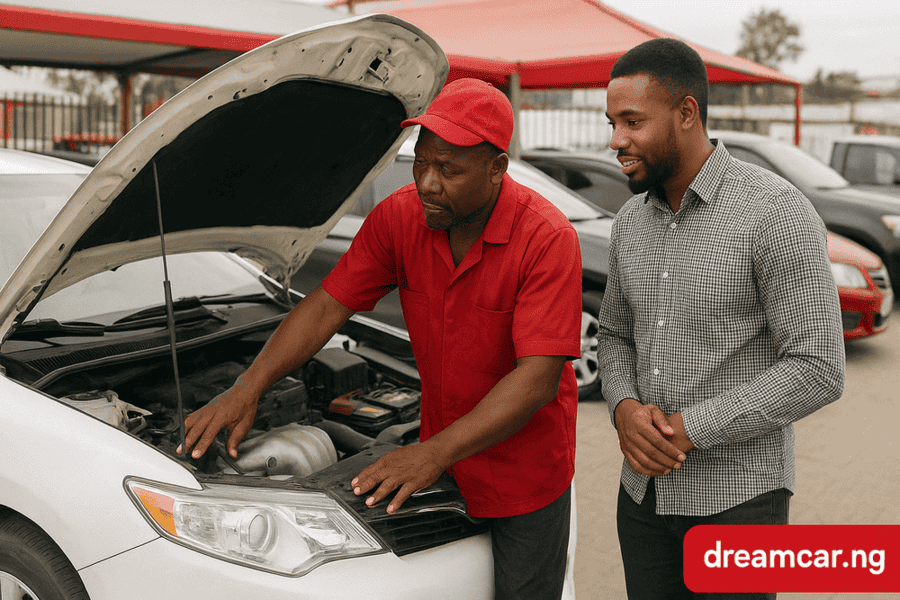
Spending ₦20,000 to ₦50,000 on a detailed inspection could save you hundreds of thousands in unexpected repairs later.
Remember, even if a deal looks too good to be true, it probably is.
Taking the time to inspect properly helps you avoid buying a problematic car and gives you the confidence that you’re investing in something reliable.
6. Verify Documents and Ownership
Before you pay for any car in Nigeria, especially a used one, it’s absolutely vital to verify every document attached to it.
The Nigerian car market has become notorious for fraudulent paperwork, cloned chassis numbers, and even stolen vehicles being passed off as legitimate sales.
Failing to double-check ownership details can lead to legal trouble or outright loss of your money.
Start by examining the Customs duty receipt and clearing documents.
These confirm that the vehicle was legally imported and all necessary import duties were paid.
Ask the seller for the original papers, not photocopies, and inspect them carefully for tampering or inconsistent details.
A genuine Customs document should include a valid vehicle identification number (VIN), date of clearance, and port of entry.
Next, verify the Vehicle Identification Number (VIN) on the chassis and compare it with the one printed on all the car’s documents.
The VIN is a unique code that reveals key details such as the car’s origin, model year, and accident history.
You can check this using free VIN lookup websites or paid vehicle history services before committing to a purchase.
Equally important is confirming the proof of ownership. Ensure that the name on the proof of ownership matches the seller’s valid identification card.
If you’re buying through a dealer, ask for the authorization letter from the previous owner.
In some cases, especially for locally used cars, you may also need a police report to support a transfer of ownership and prevent future disputes.
Once you’ve confirmed that all documents are valid, make sure to sign a sales agreement that includes the car’s details, the agreed price, both parties’ names, and the date of sale.
This serves as your legal proof of transaction.
Collect all original papers before driving away. Skipping document verification might save you time now, but it can cost you everything later.
7. Negotiate Smartly
Negotiation is an expected part of buying your first car in Nigeria, and how you handle it can make a big difference in the final price you pay.
Unlike in some countries where car prices are fixed, most sellers here expect a bit of back-and-forth.
However, successful negotiation isn’t about haggling aggressively, it’s about being informed, confident, and respectful.
Before approaching any seller, research the current market value of the car model you want.
Compare listings for the same year, trim, and condition on trusted platforms like Jiji, Carmart, and Cars45.
This gives you a solid idea of the fair price range and prevents you from overpaying.
The more informed you are, the easier it is to identify whether a seller’s offer is reasonable or inflated.
When discussing price, start slightly below your target amount, but remain polite and professional.
Sellers are more likely to respond positively to buyers who negotiate calmly rather than those who appear desperate or pushy.
If you’re buying a foreign-used or locally used car, use the inspection report as leverage, if minor repairs are needed, point them out and use that to justify a small reduction in price.
Finally, know when to walk away.
If a deal feels suspiciously cheap or the seller is reluctant to provide documents, it’s better to move on.
Nigeria’s car market is vast, and patience often leads to better opportunities.
An informed and confident buyer almost always gets the best deal.
8. Consider Cars with Good Resale Value
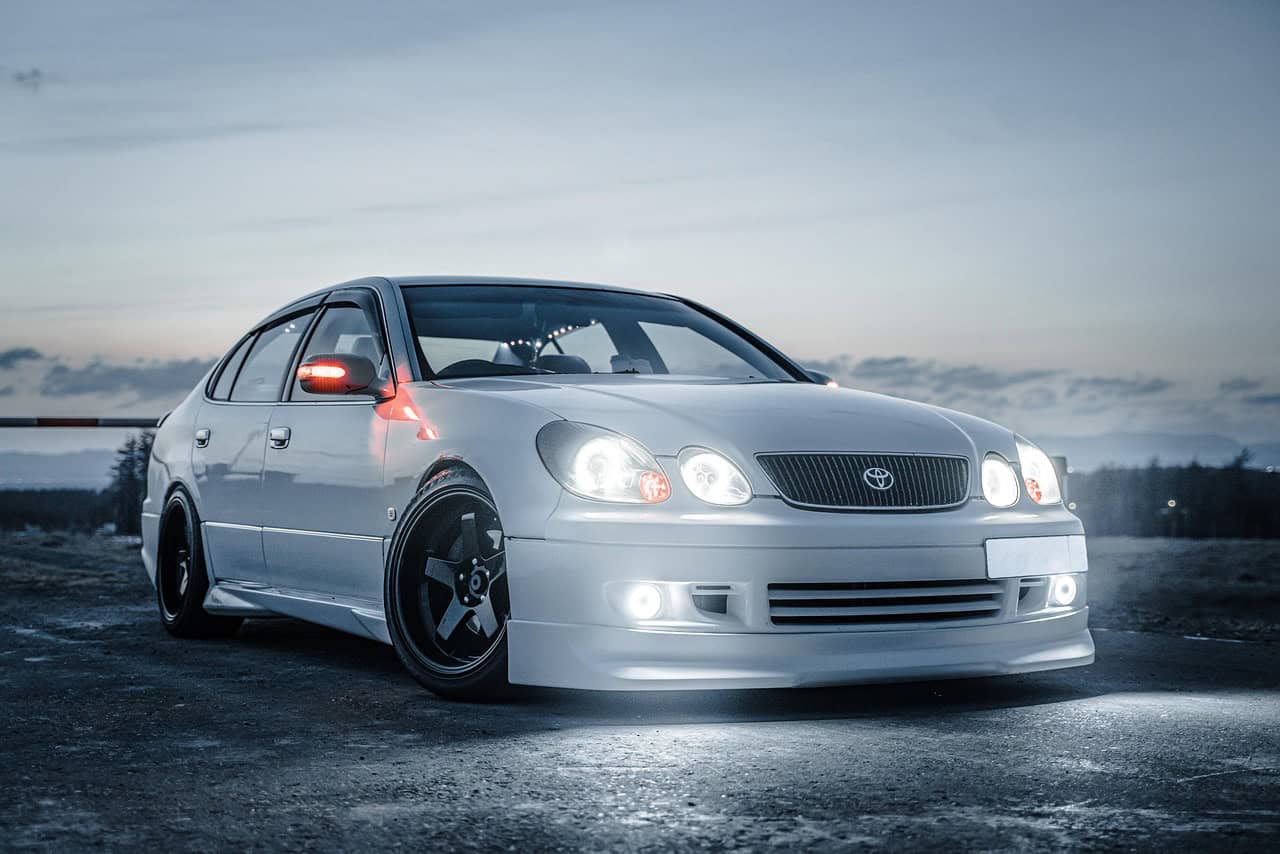
As a first-time buyer, it’s wise to think ahead, not just about buying your car, but about selling it later.
The Nigerian auto market rewards brands that maintain strong resale value, meaning you can recover a higher percentage of your investment when you decide to upgrade or sell.
Choosing the right brand today can save you hundreds of thousands of naira in the future.
Toyota remains the clear leader when it comes to resale value in Nigeria.
Models like the Corolla, Camry, and Highlander continue to dominate the market because they’re reliable, durable, and easy to maintain.
Honda also performs well in this area, especially with models like the Accord and CR-V that appeal to both private owners and corporate users.
Lexus rounds out the top three, offering a blend of luxury and long-term value retention that few other brands can match.
When buying your first car, prioritize models that are already in high demand within the Nigerian used-car market.
Cars that sell quickly and maintain their worth are smart financial assets.
To help you make an informed decision, read our detailed comparison of value-retaining vehicles here: Top 10 Best Resale Value Cars in Nigeria (2026 Guide).
9. Register and Insure Your Car
Once you’ve finalized your car purchase and collected all necessary documents, the next step is to make it legal for the road.
In Nigeria, vehicle registration and insurance are mandatory, and driving without them can result in heavy fines or even vehicle impoundment.
Taking the time to complete this process properly keeps you on the right side of the law and also protects your new investment.
Begin by visiting your nearest Vehicle Licensing Office or a designated Motor Vehicle Administration agency in your state.
Bring along your proof of ownership, Customs papers (for imported vehicles), valid ID, proof of address, and purchase receipt.
During registration, you’ll be issued a unique vehicle registration number (plate number) and a vehicle license that authorizes you to operate the car legally on Nigerian roads.
The entire registration process usually takes between one to three working days, depending on location and workload.
If you bought your car through a licensed dealer, they may handle the registration on your behalf, but always ensure the plate number and paperwork are issued in your own name to avoid future complications.
Next, secure your car insurance before driving.
At minimum, every vehicle in Nigeria must have third-party insurance, which covers damage or injury to other people or property.
However, for new or high-value cars, comprehensive insurance is strongly recommended, it covers theft, fire, and accidental damage to your vehicle as well.
Reputable insurance providers like AXA Mansard, Leadway Assurance, and AIICO offer customizable plans that protect you against unforeseen losses.
Registering and insuring your first car may seem like a routine formality, but it’s actually one of the most important steps after buying your first vehicle.
It gives you peace of mind, legal protection, and financial coverage in case of accidents or theft.
A car that’s properly registered and insured is safer to drive also has higher resale value when you decide to sell or upgrade.
10. Maintain Regularly and Drive Responsibly
Buying your first car is exciting but keeping it in top condition is where the real commitment begins.
Regular maintenance is what separates a car that serves you for years from one that breaks down unexpectedly.
Beyond keeping it running smoothly, consistent servicing helps your vehicle retain its market value and saves you from costly repairs down the line.
Follow your manufacturer’s maintenance schedule closely.
Most vehicles require oil changes, brake checks, and tire rotations every few thousand kilometers.
Ignoring these small tasks can lead to bigger, more expensive problems later.
Always use trusted mechanics or authorized service centers familiar with your car’s brand.
Poor maintenance practices like using low-quality oil or fake spare parts can shorten your engine’s lifespan dramatically.
Keep all service receipts and maintenance records.
These help you track expenses while also serving as proof of proper care when you decide to sell your car.
A well-documented maintenance history can increase your car’s resale price significantly, as buyers tend to trust vehicles that show consistent upkeep.
Equally important is how you drive. Responsible driving extends your car’s lifespan and keeps you safe.
Avoid aggressive acceleration, over-speeding, and driving through flooded or poorly maintained roads when possible.
Simple habits like checking your tire pressure, using quality fuel, and paying attention to dashboard warning lights can make a world of difference.
Ultimately, your car is both a convenience and an investment.
Treat it with care, and it will reward you with reliability, safety, and long-term value.
Regular maintenance and responsible driving are about avoiding problems and also protecting your hard-earned money by ensuring your first car does not drastically depreciate in resale value.

